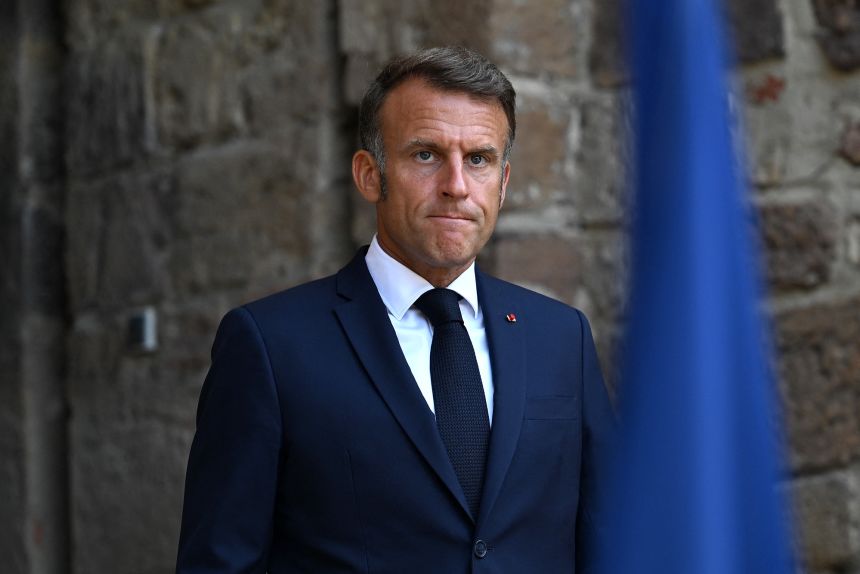It was a question famously asked by France’s wartime leader and former President Charles de Gaulle. “How can anyone govern a country with 246 varieties of cheese?” More than 60 years on, the answer appears to be no one.
With yet another government on the brink, France has, it seems, become ungovernable. On Monday, Francois Bayrou, less than a year into his job, looks set to become the fourth prime minister to depart in just 20 months. His fate now rests on a confidence vote in parliament that, if lost, would cement a record under the Fifth Republic and leave the country’s president Emmanuel Macron weaker than ever.
Bayrou called the vote in a bid to push through an unpopular 44 billion euros savings plan that includes scrapping two public holidays and freezing spending. He says it’s a matter of “national survival,” warning that France must get a grip on its spiraling debt, since “for 20 years, each hour of each day and each night has seen the debt grow by 12 million euros extra.”
These may be alarmist words designed to spur the country’s fractious political classes into urgent action, even though budget reform was precisely what claimed the scalp of his predecessor, Michel Barnier. The European Union’s chief negotiator who kept the bloc united in the wake of Britain’s tortured vote to leave the European Union in 2016, lasted only three months as PM, failing to climb that much steeper mountain of getting the French to accept sweeping spending cuts.
With France sliding deeper into political instability, its borrowing costs are climbing. Ten-year bond yields have risen above those of Spain, Portugal and Greece – countries that were once at the heart of the Eurozone debt crisis – and are now edging close to those of Italy. An economy under mounting strain and at odds with the European strongman image that Macron has sought to project.
Continue reading the complete article on the original source



